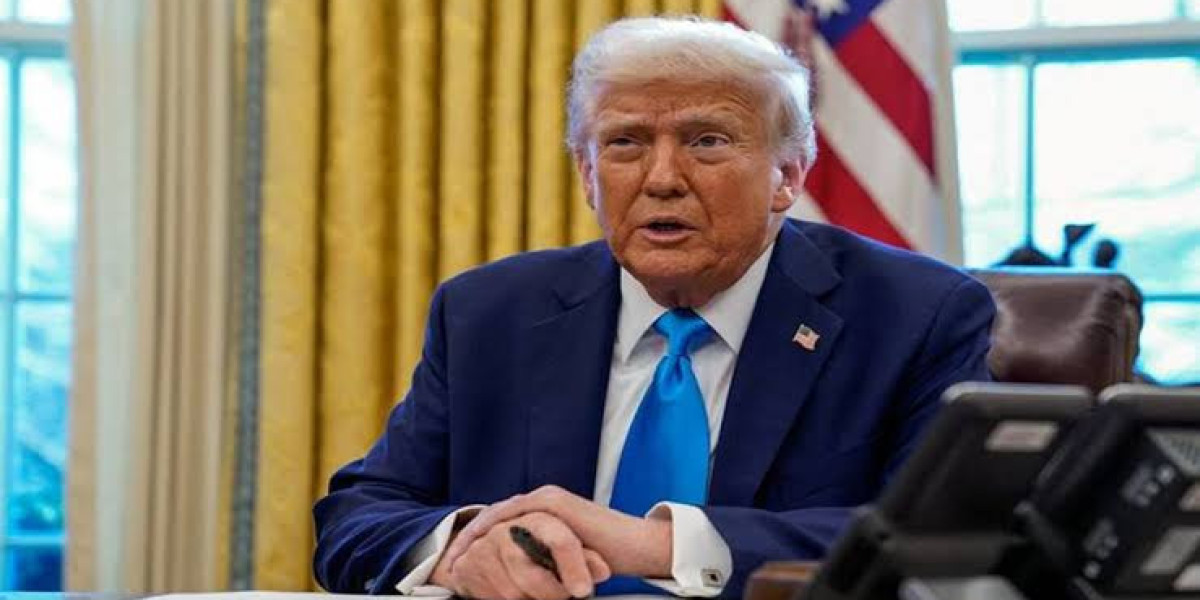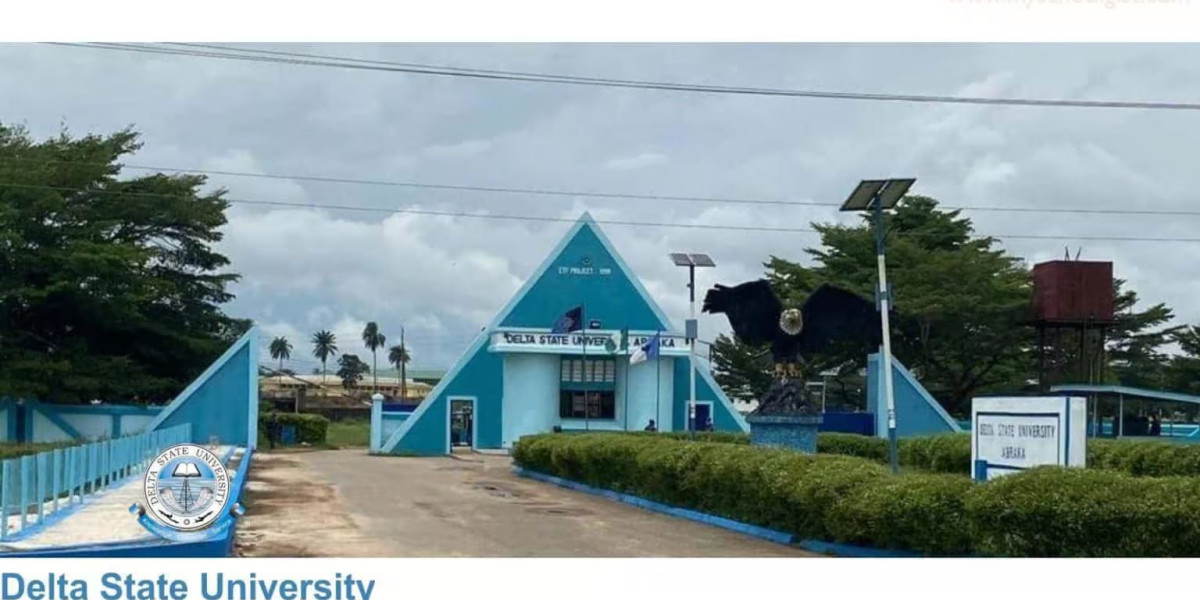In the sprawling landscape of the global automotive industry, few names have ignited as much fervent debate, admiration, and controversy as Tesla, Inc. Led by the enigmatic and often polarizing figure of Elon Musk, Tesla has transcended its identity as a mere car manufacturer to become a symbol of a paradigm shift—a high-stakes, high-tech crusade to accelerate the world's transition to sustainable energy. From its audacious beginnings to its current status as a trillion-dollar behemoth, the story of Tesla is a compelling narrative of innovation, disruption, and the relentless pursuit of a seemingly impossible future.
Founded in 2003 by Martin Eberhard and Marc Tarpenning, the company's initial vision was to prove that electric vehicles (EVs) could be better, quicker, and more fun to drive than their gasoline-powered counterparts. It was a vision that would later be championed and dramatically expanded upon by Elon Musk, who joined the company in 2004 and has been its public face and driving force ever since.
Tesla's journey began with the Roadster, a high-performance electric sports car that shattered the prevailing stereotype of EVs as glorified golf carts. While its production numbers were limited, the Roadster served as a crucial proof of concept, demonstrating the potential of lithium-ion battery technology and paving the way for the company's more ambitious plans.
The true game-changer arrived in 2012 with the launch of the Model S. This sleek, all-electric sedan not only boasted impressive range and performance but also a revolutionary interior dominated by a large touchscreen interface that controlled most of the car's functions. The Model S was a critical and commercial success, earning numerous accolades and fundamentally altering the perception of what an electric car could be. It was followed by the Model X, a luxury SUV with its iconic "falcon-wing" doors, and the more affordable Model 3, which aimed to bring electric mobility to the masses. The subsequent launches of the Model Y, a compact SUV, the futuristic Cybertruck, and the all-electric Semi truck have further solidified Tesla's diverse and ambitious product portfolio.
At the heart of Tesla's technological prowess lies its battery technology. The company's Gigafactories, colossal manufacturing facilities, are dedicated to producing batteries at an unprecedented scale, a key factor in driving down the cost of EVs. Tesla has continuously iterated on its battery cell technology, from the initial 18650 cells to the more energy-dense 2170 cells, and is now pioneering the larger 4680 tabless cells, which promise even greater efficiency and lower costs. This relentless focus on battery innovation is central to Tesla's mission, extending beyond cars to its energy storage solutions like the Powerwall for homes and the Megapack for utility-scale projects.
Perhaps no aspect of Tesla's technology has captured the public imagination—and generated as much debate—as its Autopilot and Full Self-Driving (FSD) capabilities. While not yet fully autonomous, these advanced driver-assistance systems offer features like automated lane-keeping, adaptive cruise control, and the ability to navigate highways from on-ramp to off-ramp. Tesla's approach of using a vision-based system, relying on cameras and neural network processing, is a departure from the lidar-based systems favored by many competitors. However, the company has faced significant scrutiny and regulatory investigations over the naming and marketing of these features, with critics arguing that it can lead to a false sense of security among drivers.
Tesla's impact on the automotive industry has been nothing short of seismic. It has forced established automakers to accelerate their own electrification plans, with nearly every major manufacturer now offering or developing a range of EVs. The company's direct-to-consumer sales model, bypassing traditional dealerships, has also challenged long-standing industry norms. Furthermore, Tesla's innovative manufacturing techniques, particularly its use of large-scale casting and a high degree of automation in its Gigafactories, are being closely watched and, in some cases, emulated by its rivals.
However, the path for Tesla has not been without its bumps. The company has faced numerous controversies, from production delays and quality control issues to investigations into crashes involving its Autopilot system. Elon Musk's own public statements and social media presence have often been a source of both free marketing and significant controversy, drawing both ardent supporters and harsh critics.
Financially, Tesla's journey has been a rollercoaster. After years of operating at a loss, the company achieved sustained profitability, leading to a meteoric rise in its stock price and a market valuation that at times has surpassed that of all other major automakers combined. This has been a point of contention among financial analysts, with some viewing Tesla as a tech company with boundless potential and others seeing it as an overvalued car manufacturer.
Looking to the future, Tesla's ambitions show no signs of abating. The company is heavily invested in the development of a dedicated robotaxi, a vehicle with no steering wheel or pedals, which it believes will revolutionize transportation and unlock immense value. Expansion into new markets, such as India, and the continued scaling of its energy business are also key priorities.
In less than two decades, Tesla has transformed from a plucky Silicon Valley startup to a global force that is reshaping the automotive and energy sectors. It has proven that electric vehicles can be desirable, high-performance machines and has ignited a global transition towards a more sustainable transportation future. While the road ahead will undoubtedly be fraught with challenges and controversies, one thing is certain: the world is watching, and Tesla is firmly in the driver's seat of an electric revolution.










